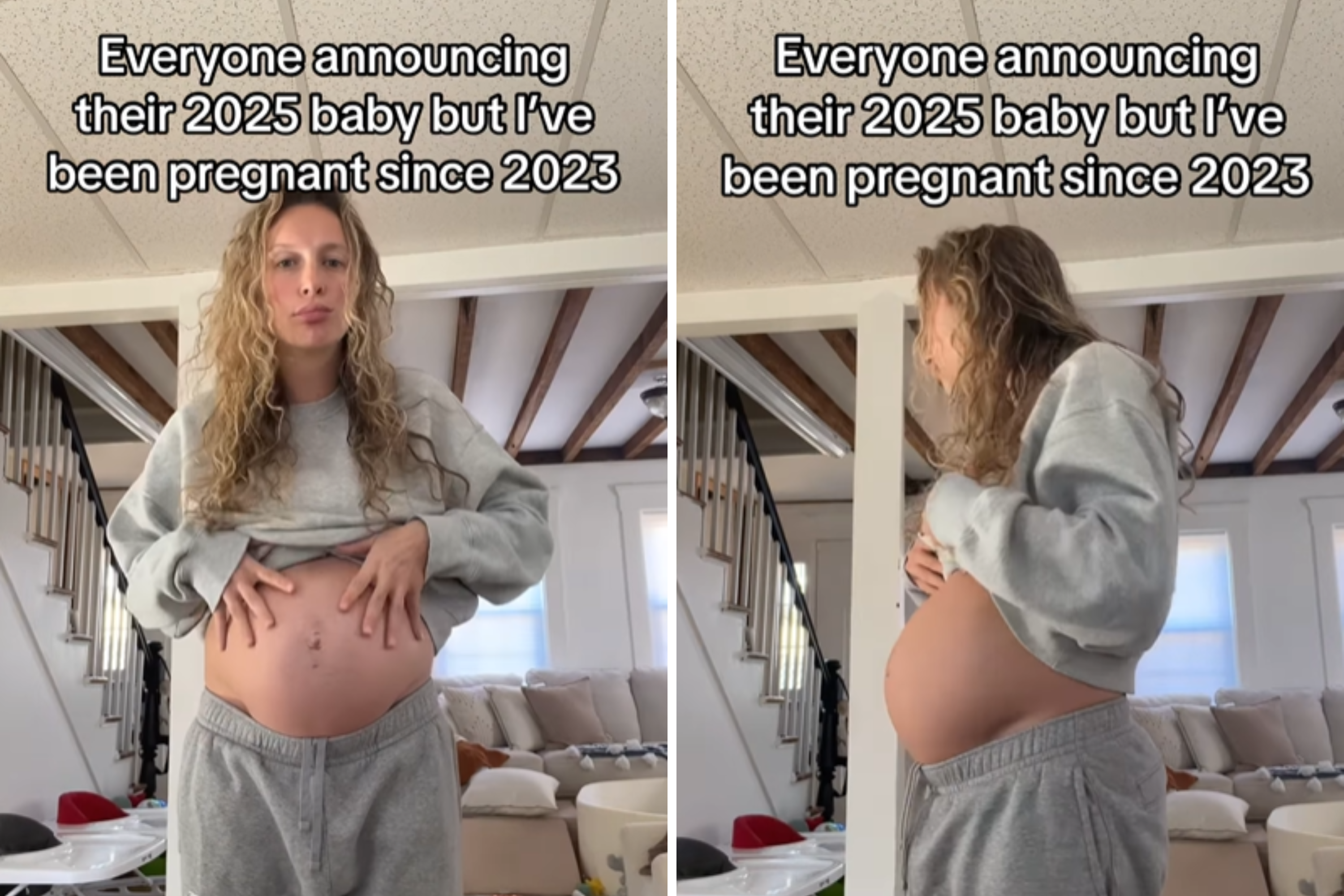A new report relying on extensive historic data has found instances of voter fraud remain incredibly scarce despite alarm and concern over the potential for such activity to sway the 2024 presidential election.
"It's a criminal offense to commit ballot fraud, and most people don't want to go to jail. So that's a sufficient deterrent for almost everybody," Darrell West, a senior fellow at the Brookings Institution, told Newsweek in an interview. "It's probably a very small number of people who even attempt it."
Republicans have continually raised concerns about voter fraud during and following the 2020 presidential election. Donald Trump and his allies filed 62 lawsuits in various courts in an effort to challenge the election, many of those cases resting on claims of voter fraud.
Of the 62 lawsuits, only one succeeded before the Pennsylvania Supreme Court overturned the initial ruling.
"Judges heard the cases, they reviewed the evidence—both Republican and Democratic judges," West said. "There were judges appointed by Donald Trump, and they all reached the conclusion there was not widespread ballot fraud and the election was not stolen."

Brookings reviewed more than the court cases in writing their report. In the report, titled, "How widespread is election fraud in the United States? Not very," the authors reviewed historical data from the right-wing think tank The Heritage Foundation, which spearheaded the now-famous Project 2025.
Heritage laid out cases in every state, creating the "Election Fraud Database," which found 1,561 instances of voter fraud that resulted in 1,325 convictions. Of those, 20 cases were brought in 2024, with charges ranging from ineligible voting to false registrations, duplicate voting and ineligible voting.
However, the full list of instances stretches back for years, with the earliest instance cited from 1982 (which included 63 individuals and an estimated 100,000 fraudulent ballots). Most of the instances included one offender.
"There are a few cases of election fraud in every campaign," West said. "But it's not systemic. It's not widespread. It's generally not organized, and I don't think ever has affected the actual outcome, but people often pick on isolated cases and turn it into a systemic and widespread pattern."
The Brookings report noted that over the 25 years covering the bulk of the cases cited by Heritage, there were 36 elections held. In the case of Arizona—one of the states most closely watched following the 2020 election—that meant around 42.6 million votes cast with only 36 cases of fraud in total.
Pennsylvania, which many have pinned as the state that could very well decide the election, had over 100 million votes cast in 32 elections across 30 years and only around 39 cases of voter fraud.
"There have been allegations of widespread ballot fraud, but it's really not indicated by the Heritage database," West stressed.
Newsweek reached out to the Heritage Foundation by email on Thursday for comment.




















 English (US) ·
English (US) ·